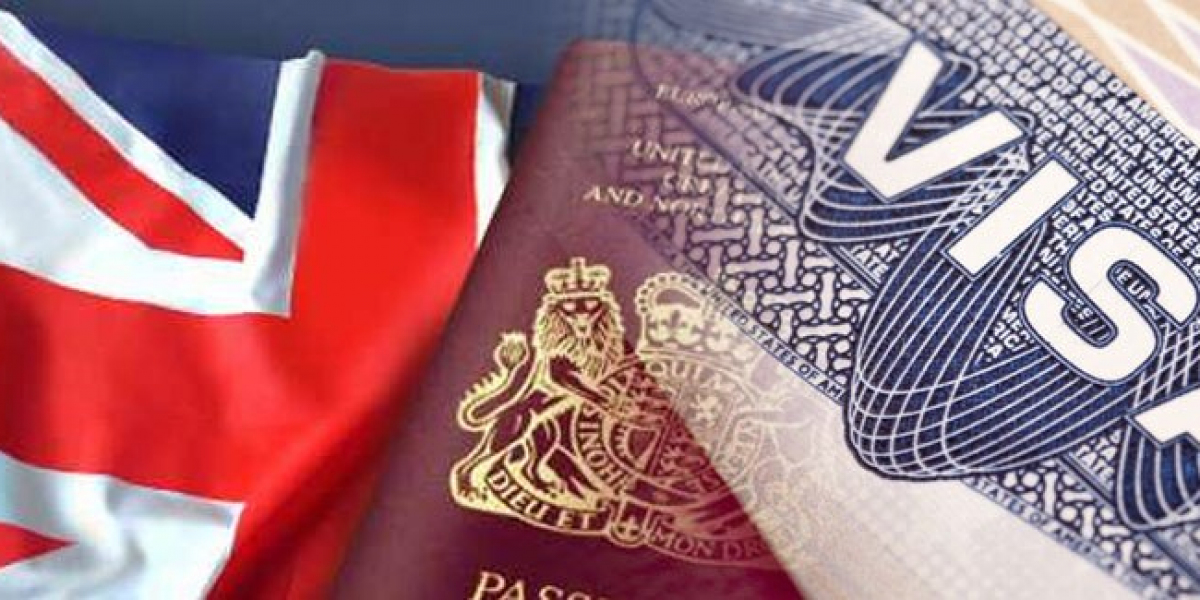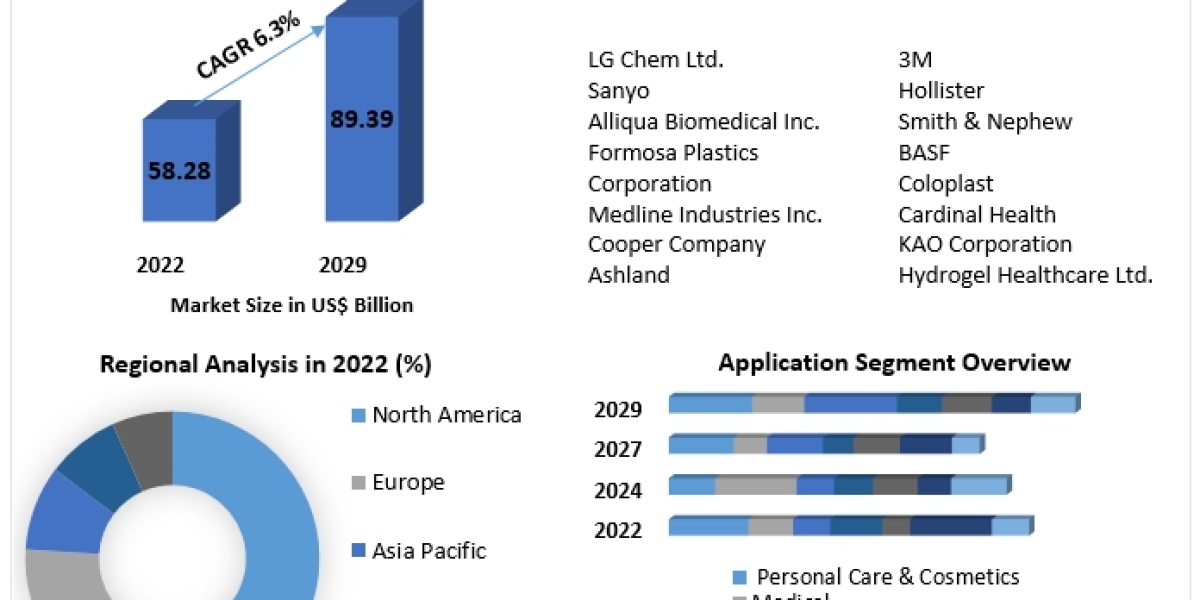What is Discretionary Leave to Remain?
Discretionary Leave to Remain (DLR) in the UK is a form of temporary immigration status granted to individuals who do not meet the standard requirements for staying in the country but have compelling reasons to be allowed to remain. This leave is often considered for those who may face severe hardship if they were to return to their home country, such as individuals facing persecution, violence, or other significant risks. The DLR allows individuals to stay in the UK while their circumstances are evaluated, and it can be particularly important for vulnerable groups.
Who Can Apply for Discretionary Leave to Remain?
Several categories of individuals may be eligible for Discretionary Leave to Remain in the UK:
- Human Rights Cases: Individuals who can demonstrate that returning to their home country would breach their human rights under the European Convention on Human Rights may be eligible for DLR. This includes cases involving serious threats to life, torture, or inhumane treatment.
- Family and Children’s Rights: Applicants with strong family ties in the UK, particularly those with children who are British citizens or settled in the UK, may be considered for DLR. The best interests of the child are a significant factor in these assessments.
- Victims of Violence or Abuse: Individuals who are victims of domestic violence, human trafficking, or other forms of exploitation may be eligible for Discretionary Leave to Remain. The UK government recognizes the need to protect such vulnerable individuals.
- Exceptional Circumstances: In some cases, individuals may have unique circumstances that warrant consideration for DLR. This can include medical conditions or situations that make it unsafe for them to return home.
The Application Process
Applying for Discretionary Leave to Remain in the UK involves several steps:
- Gathering Documentation: Applicants need to provide comprehensive evidence to support their case. This can include personal statements, medical reports, evidence of threats or violence, and documentation of family ties in the UK.
- Submitting the Application: Applications for DLR are submitted to the Home Office. It is crucial to complete the application form accurately and provide all required documents. Failing to provide sufficient evidence can lead to delays or rejection.
- Awaiting a Decision: After submission, applicants will need to wait for the Home Office to process their application. This can take several months. During this period, it’s essential to keep any relevant contacts and documentation up to date.
- Receiving the Decision: Once a decision is made, applicants will be informed whether their request for Discretionary Leave to Remain has been granted or refused. If granted, the leave is usually temporary and subject to specific conditions.
Conditions of Discretionary Leave to Remain
If granted DLR, individuals will receive specific conditions they must adhere to, including:
- Limited Duration: Discretionary Leave to Remain is typically granted for a limited period, often ranging from six months to three years, depending on individual circumstances.
- No Access to Public Funds: Individuals with DLR status are generally not allowed to access public funds, meaning they cannot claim benefits or financial support from the government.
- Reporting Requirements: Some individuals may be required to report regularly to the Home Office as part of their leave conditions.
Conclusion: The Importance of Seeking Professional Advice
Navigating the process of applying for Discretionary Leave to Remain in the UK can be complex and challenging. Given the serious implications of immigration status, it is highly recommended that individuals seek professional legal advice to understand their options and ensure their applications are well-prepared. Qualified immigration solicitors can provide guidance tailored to individual circumstances, increasing the likelihood of a successful application. Understanding discretionary leave to remain UK is essential for those seeking safety and security in the UK.
Also Read:-
How to Extend Discretionary Leave to Remain in the UK,
How to Extend Your Sole Representative Visa,
Understanding Family Visas in the UK,
Finding the Best Immigration Solicitors in Croydon: A Comprehensive Guide,
Navigating UK Immigration: The Role of Immigration Advice Services in London.









